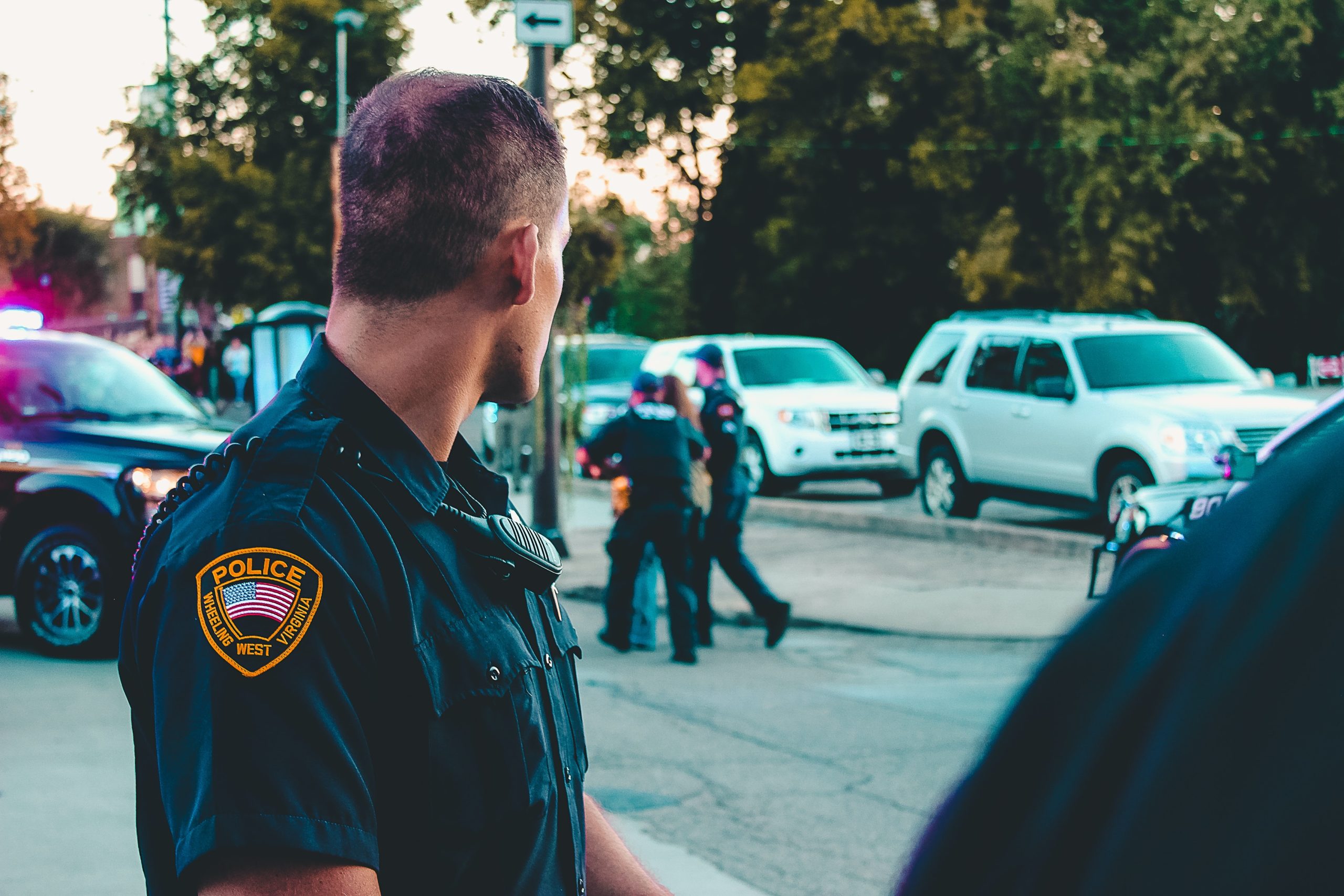6/29/2020
As the surge in calls for police reform around the country grows, local government boards in Los Angeles, Fort Wayne, and other major cities have taken to introducing law reforms and multi-million dollar budgets geared toward implementing the use of body cameras. While these measures aim to reveal potential misuse of force–– such as many civilian-recorded videos have already done, including the case of Buffalo police’s infamous interactions with a protestor–– the reality is less clear-cut.
One key issue raised by the LA Inspector General’s office notes that the police departments themselves may have too much controlover when body cameras are actually utilized. Internal reviews of Atlanta police in 2018, for example, revealed that officers regularly failed to record incidents (or actively turned off body cameras), and in some cases even deleted footage. In the case of the shooting of Terron Boone, the detectives involved were not given body cameras because they were undercover; for one San Francisco police investigation, officers were ordered to turn off cameras because the investigation was of questionable legality.
When (or if) police release body cam footage proves to be an even greater debate. Although the general public can in theory file requests to access footage, an investigation by AP News revealed that few departments are willing to actually release footage. Various legal exemptions remain in place to protect information related to ongoing police investigations, but some can prevent release even long after investigations have concluded. Possible tainting of jury pools stands as the primary concern behind most withholding of footage–– yet there seems to be no evidence of such evidence swaying juries in the past.
Because the regulation of and freedom of information from body cameras can be ethically dubious, the benefits of this technology become equally murky; new developments may even create an active threat to the public’s rights. One police camera vendor is currently developing facial recognition technology for body cameras amid statements from opposing companies’ advisory boards and the outright forbidding of the technology by the state of California. As the movement for police reform grows, we must continue to search for better ways to keep police accountable.

